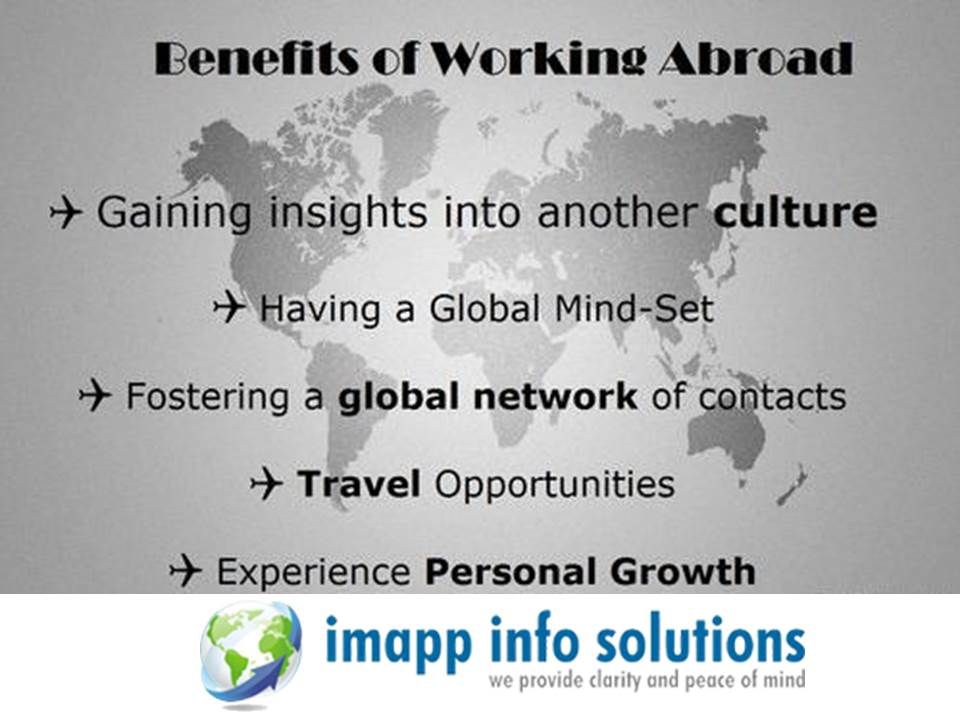
To make your career transition successful, you will need to consider several things. You should plan ahead and identify your strengths, as well as adapt your skills for a new profession and workplace. Here are some tips to make your transition smooth.
Good jobs for career changers
There are many career options available to people with a background in a different field. Some of these positions are well-paid. A sales manager, for example, makes an average of $140,320 annually. The highest-paid managers can make even higher salaries. The United States will see an increase of five percent in sales managers.
Identifying your strengths
There are many ways you can identify your strengths in the workplace. A Myers-Briggs assessment is a great way of identifying your strengths. It measures your personality and interpersonal skills. Understanding your strengths will help identify the best job. You may discover that one job is more rewarding than another.

It is crucial to recognize your strengths when you are trying to change careers. This will help you make informed decisions to achieve your goals and fulfill your dreams. Knowing which activities make you happy will help you choose what job to do.
Planned career shift
Planning a career transition is a major step. It requires many strategies. One of the most important is keeping control of your finances. You don't want to fall into debt and deplete your retirement funds. Be sure to stick to your budget. Even if you're considering a career shift that gives you more freedom, your monthly payments must still be paid. Education is an important aspect of your child's future. This will be a top priority for many years to come so you need to plan.
Planning a career shift is an important consideration. The timing of your career transition is an important consideration. You may not want to do it immediately, but you may have to wait if the right career path is available. It is worth taking the time and researching different career options.
You can adapt your skills to a new profession or work environment.
Adaptability, especially in today’s changing workplaces, is a vital skill. If you're not prepared to change your habits and learn new skills, you'll find yourself left behind. It takes time and effort, but it's possible. Employees of all industries have the ability to adapt.

You can increase your adaptability by becoming aware of the changes occurring in your current environment. Keep an eye on changes in your environment and keep up to date on industry trends. In addition, you should stay connected with your peers and top leaders on social media. Staying current on industry changes can help you adapt and remain valuable.
How to overcome barriers to career changes
Career changers often face a number of barriers to making a successful transition. They may have to improve their skills or obtain the qualifications necessary to compete in their new field. They may also be confronted with rejection and other professional and social difficulties. This can lead to feelings of disengagement and overwhelm. These feelings can lead depression and self-sabotage. These feelings can lead to depression and self-sabotage. The good news? There are ways around them.
One of the most important steps to making a successful transition is to be clear about what you want to achieve. Clarity about your current role and your desired career path will help you overcome any barriers you may face along the way.